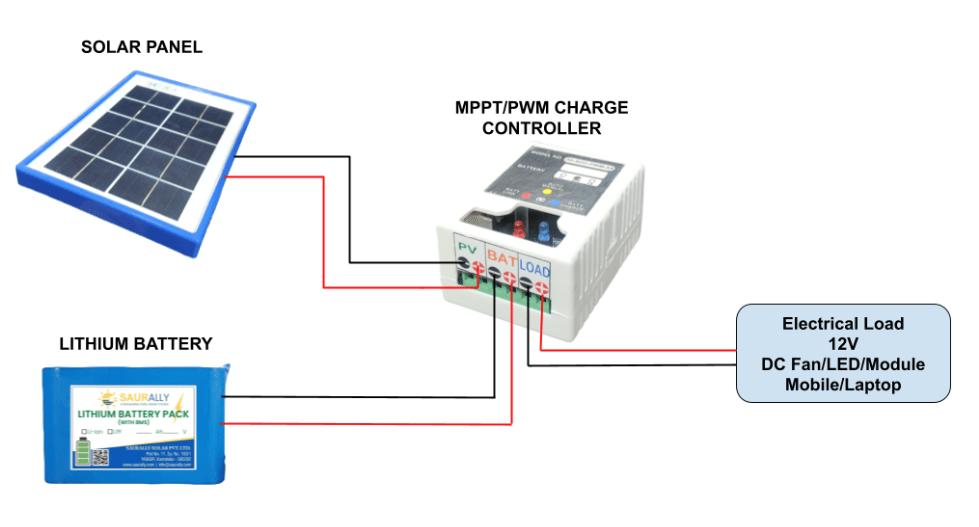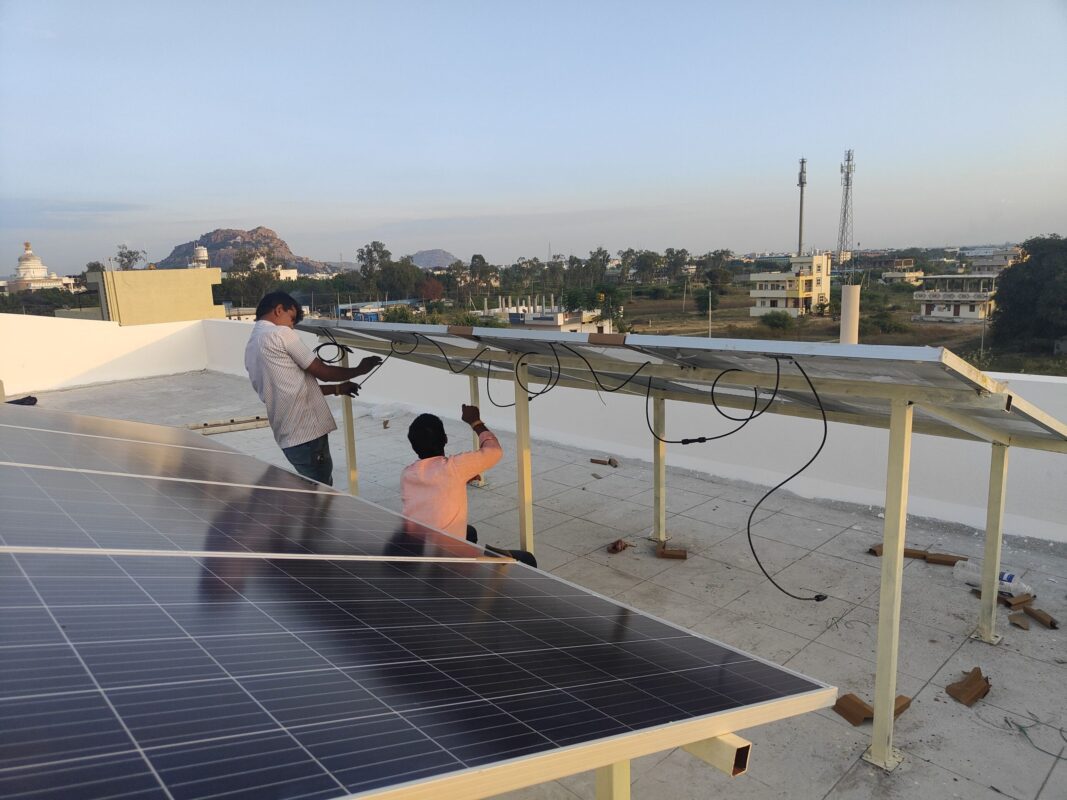Blog
Evaluating the Viability of Flexible Solar Panels in the Indian Market

As the world continues to embrace renewable energy sources to combat climate change, solar power has emerged as a key player in the transition towards a sustainable future. India, with its abundant sunlight and ambitious renewable energy targets, seems like an ideal market for the adoption of solar technology. However, the viability of flexible solar panels in the Indian market raises questions due to a variety of factors that need careful consideration.
-
- Efficiency and Performance Concerns
Flexible solar panels, often based on thin-film technology, typically exhibit lower efficiency compared to traditional crystalline silicon panels. In a country like India where maximizing energy output per unit area is crucial due to land constraints and the intermittent nature of sunlight, the reduced efficiency of flexible panels becomes a significant drawback. India’s solar energy generation relies heavily on achieving high energy yields from limited space, making conventional panels a more attractive option in terms of energy production.
- Durability and Longevity
The Indian climate can be extremely challenging for solar panels. From scorching heatwaves to heavy monsoon rains, panels must be able to withstand a wide range of environmental conditions. Flexible solar panels are generally more prone to wear and tear due to their design and materials. The potential for damage from dust, moisture, and extreme temperatures could result in frequent maintenance requirements and shorter lifespans. This not only increases operational costs but also undermines the overall economic viability of flexible panels in the long run.
- Cost Considerations
While flexible solar panels may offer installation advantages due to their lightweight and versatile nature, the initial cost of these panels is often higher than traditional options. The Indian market, which is sensitive to upfront costs, may find it challenging to justify the higher investment required for flexible panels, especially when considering their lower efficiency and potential maintenance costs. Affordability is a crucial factor for mass adoption of solar energy in a country where cost-effectiveness is paramount.
- Technological Maturity
The technology behind flexible solar panels, particularly thin-film technology, is still evolving. As a result, issues related to efficiency, durability, and overall performance continue to be areas of research and development. In a market that demands reliable and proven solutions, the relative novelty of flexible panels might deter potential investors and buyers who seek tried-and-true technologies for their energy projects.
- Grid Compatibility and Integration
India’s power infrastructure is gradually evolving to incorporate higher shares of renewable energy. However, the intermittent nature of solar power poses challenges for grid stability. Conventional crystalline silicon panels, with their higher efficiency, can contribute more consistently to the grid. The lower efficiency and potential variability of flexible panels could complicate efforts to maintain a stable and reliable power supply, which is crucial for meeting the energy demands of a growing economy like India.
-
Conclusion
While the concept of flexible solar panels is intriguing and aligns with the global trend of innovative clean energy solutions, the Indian market presents unique challenges that warrant careful consideration. The need for high efficiency, durability, affordability, and grid stability makes traditional crystalline silicon panels a more viable option for the Indian solar market at this juncture. As technology advances and the drawbacks of flexible panels are addressed, their viability in India could certainly improve. However, for now, the focus should remain on proven technologies that can drive India closer to its renewable energy goals.
Saurally is one of leading manufacturers of Solar Panels, Solar Street Lights and lithium batteries. Please contact us for more information.














